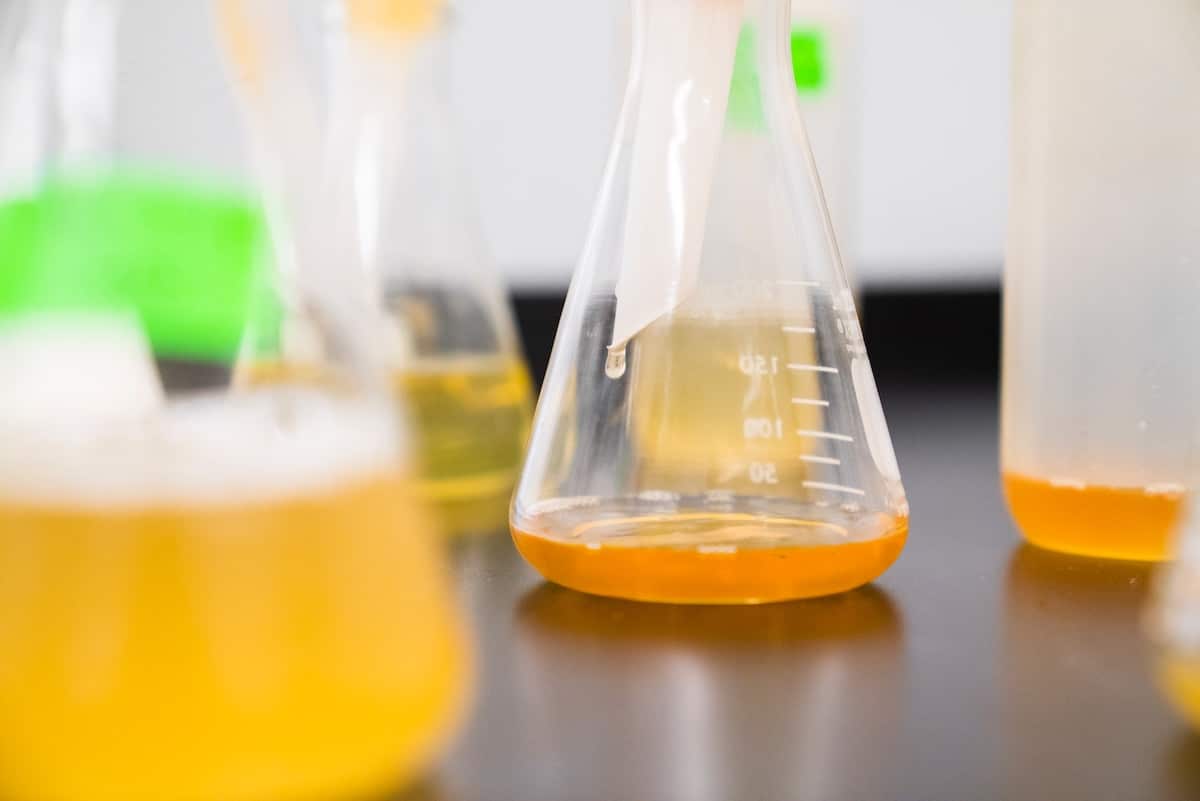Table of Contents
Quality laboratory equipment can last for many years at a time. However, every piece of equipment has its own shelf life, after which it shows signs of wear and tear.
The average lifespan of lab equipment is about 9.1 to 12.2 years, but it all depends on how frequently you use it and how well it’s maintained.
If you are uncertain whether your lab machines need an upgrade, here are some sure-shot signs that it’s time to look for new equipment.
There are safety concerns
This is one of the most important signs indicating you have to change that laboratory equipment as soon as possible.
In any lab environment, the worker’s safety must be the top priority, even before getting accurate or immediate results.
But if the equipment you’re handling starts giving mild electric shocks when plugging in or if fumes and smoke are coming out from an internal part, then it’s a sign of danger.
You may have to change only a part of the equipment or replace it completely, but you must address the issue quickly and get a temporary replacement.
The bills are very high
Lab equipment does cost a lot of money, both while purchasing it and in terms of electricity bills.
But newer lab machines work better and faster than their older models, consuming less energy.
If you notice that you’re paying sky-high energy bills every month even though you had to pay much less earlier, your lab needs to be upgraded to the latest models.
While new laboratory equipment might cost you quite a bit of money initially, you can save money later if you purchase energy-efficient items in the present.
There are signs of wear and tear
Even the best lab equipment must wear and tear after some years. While some signs are pretty evident, others can be subtle. So here are some things you need to look out for:
- Rust– Rust is a potentially dangerous substance, especially if it comes in contact with specific chemical reagents. If the equipment has rusted parts, it’s time to discard it.
- Cracks– Cracks are also pretty dangerous as they can lead to any wires or parts being exposed. Moreover, they can affect the airflow inside the machine. So if the cracks are large, then consider replacing the equipment.
- Burns– Unfortunately, burns are not signs of wear and tear but of mishandling. Even then, if any machine has burnt or stained parts, you need to replace the entire machine just for safety measures.
- Warping– Lab equipment like fume hoods tend to become bent or warped due to heat and other chemicals contained in the fumes. While slight warping isn’t anything to worry about, it’s best to replace the hoods when you see they have become too bent.
You frequently recalibrate
Recalibration is necessary for most lab machines. But if you need to do it dozens of times a day, even when it doesn’t require it, it’s an obvious sign that the equipment is either faulty or expired.
In addition to being time-consuming and annoying, constant recalibration also requires a lot of money.
Moreover, it can also result in wrong data over time. Therefore, you should upgrade it and switch to a faster and newer model once you see that you have to repeatedly set it to the starting range.
You find inaccurate results
Lab workers often are unable to understand why perfectly working equipment suddenly starts producing inaccurate results.
If this occurs in your lab, it indicates that the machine isn’t working at its optimum level, and it’s probably time to look for a new one.
No matter what studies you’re conducting in your lab, it’s important to get accurate results.
Even a minor mistake can result in a lot of damage later on, so it’s best to invest in a new piece of equipment instead of trying to fix one that keeps giving you slow or incorrect data.
Over to you…
If you determine your current machines and tools need an upgrade, try speaking to the manufacturer first. Repurchasing from them can fetch you good discounts and deals and get benefits from the extended warranty.
Image Credit: Photo by Elevate on Unsplash


